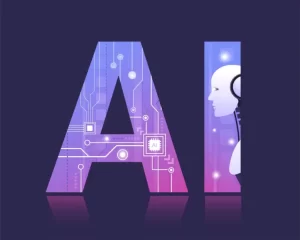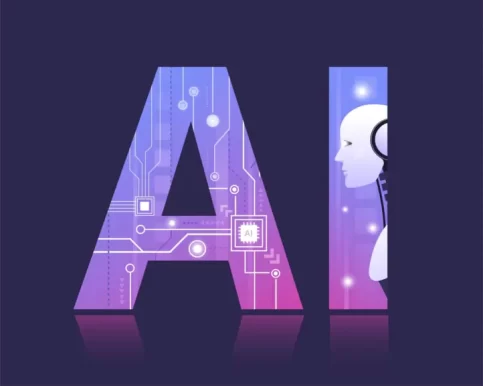Artificial intelligence (AI) used to be the stuff of science fiction. Stories about rogue machines and robot uprisings were once a source of amusement, not anxiety. But over recent years, AI has quietly embedded itself in our daily lives.
From the algorithms behind social media feeds, to the voice assistants managing our calendars. This quiet takeover has become something far louder: fear.
Headlines around AI are often alarmist. Statements such as “AI will take your job”, “AI will end education”, or “AI is dangerous and unregulated” are thrown around regularly. These narratives feed on uncertainty and fuel distrust.
But it doesn’t have to be this way. The hyper-fixation on the never-ending negative aspects of AI is the wrong approach to take. What if AI isn’t the villain? What if, at this stage, it’s simply a child?
AI, in many ways, is still learning. It mimics human behaviour, absorbs language, and forms patterns based on what it sees. Its current capabilities, however powerful they may seem, are not equivalent to human intelligence. It has limitations. It makes mistakes. It can even be manipulated and misled. It reflects our world; flaws and all. In that sense, AI is less an omnipotent force and more in line with a toddler trying to find its way.
And, like any child, it needs guidance.
This is especially evident in education. The emergence of AI tools such as ChatGPT has caused a stir in higher education institutions and universities, sparking fears about plagiarism and the erosion of critical thinking. Some institutions have responded with strict bans, while others have embraced cautious integration. The panic is understandable, but is it misplaced?
Rather than jumping to conclusions, educators should consider shifting the conversation. AI can, in fact, become an ally in learning. Instead of assuming students will cheat, we can teach them to use AI responsibly. Most of us educators can already recognise the signs of AI-generated work: excessive use of numbered lists, repetitive language and poor comparison skills. So why not use this as a teaching opportunity?
Encouraging students to engage with AI critically, understanding what it’s good at, where it falls short, and how to improve its output, can strengthen their own analytical skills. It invites them to become more active participants in their learning, not passive consumers of machine generated answers. Teaching young people how to work with AI is arguably more important than shielding them from it.
Outside the classroom, AI’s impact on the workforce is another growing concern. Stories about AI replacing jobs often dominate the news cycle. But these conversations often ignore a key point: AI is not autonomous. AI needs human designers, engineers, analysts, and ethicists to guide it. For every job that AI may eliminate, others will emerge to support and direct it.
More importantly, there are many things AI simply cannot do. It doesn’t understand nuance, morality or emotion. It can’t make ethical decisions without human input. These aren’t minor gaps, they’re fundamental. That’s why we must stop imagining AI as an unstoppable force and start thinking about how to raise it responsibly.
When considering how to raise our AI child responsibly, we need to acknowledge the issue of the algorithm being biased. Critics often point out that AI reproduces prejudices and errors, and whilst this is true, the source of that bias is us. It is important to remember that AI learns from historical data created by us, much of which reflects deeply ingrained societal inequalities.
Take, for example, mortgage lending in the US, where decades of discriminatory practices have skewed the data. Unless we intervene, AI trained on this information will inevitably reflect those same biases.
That’s not a reason to reject AI. It’s a reason to be more involved in its development, like any good parent. The responsibility lies with us.
Parenting is not about control for control’s sake; it’s about nurturing growth while setting boundaries. AI, like a child, needs feedback, accountability, and care. It will grow, but how it grows is up to us.
It’s tempting to view technology as something that happens to us, rather than something we can shape. But AI doesn’t exist outside of society, it’s a product of our values, decisions, and input. If we treat it as a monster, it may become one. If we treat it as a mirror, it will reflect what we show it. And if we treat it as a child, we may be able to raise it into something better.
So instead of fearmongering, let’s ask ourselves a better question: Are we raising AI correctly?
- Zorina Alliata, Professor of Responsible AI at OPIT– Open Institute of Technology
Read the full article below:






